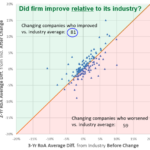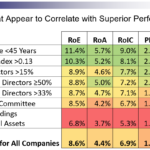
The current Whistleblower Protection Act was enacted in 2004 and was enforced in 2006. It was said that the scandals of the recall cover-up by Mitsubishi Motors and the disguised beef origin by Snow Brand Foods brought the new Act. However, from the beginning, it was criticized that the range of target facts was too narrow, prevention measures for retaliation were not effective, etc. Based on the supplementary resolutions of the Diet and the supplementary provisions of the Act, the Consumer Commission Whistleblower Protection Special Research Committee was established, and discussions were underway for revision. However, the speed was very slow. The Committee finally issued the report in December 2018. Public comments were solicited for the new appendix table to the Act regarding the target laws. The amendment bill was approved by the Cabinet on March 9, 2020. It is now planned to submit to the National Assembly.




